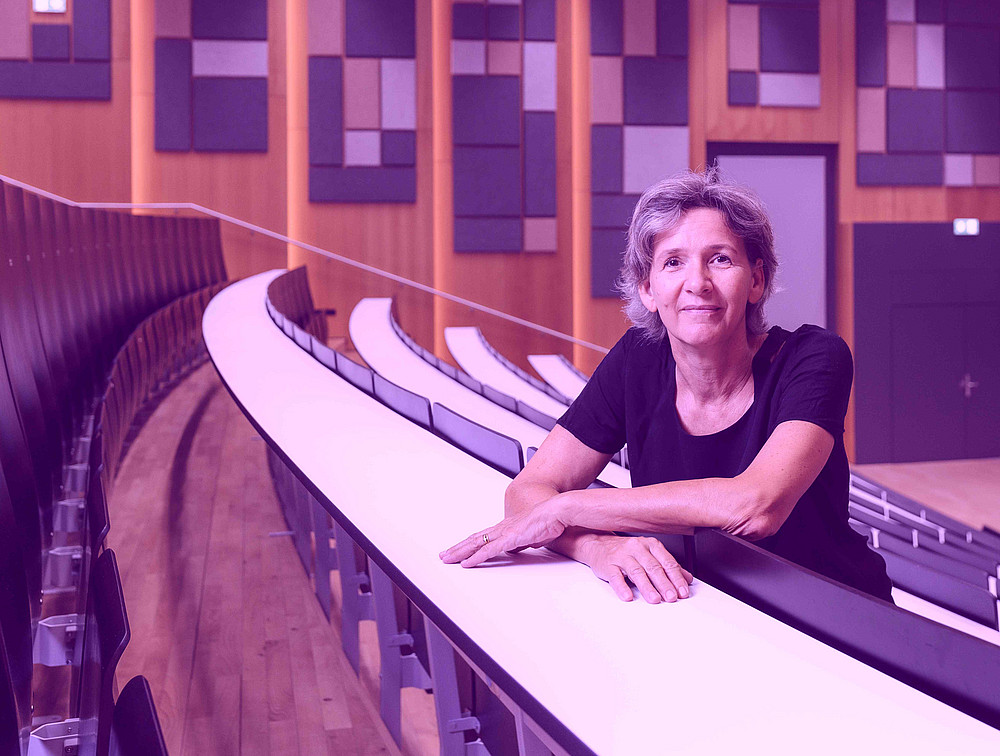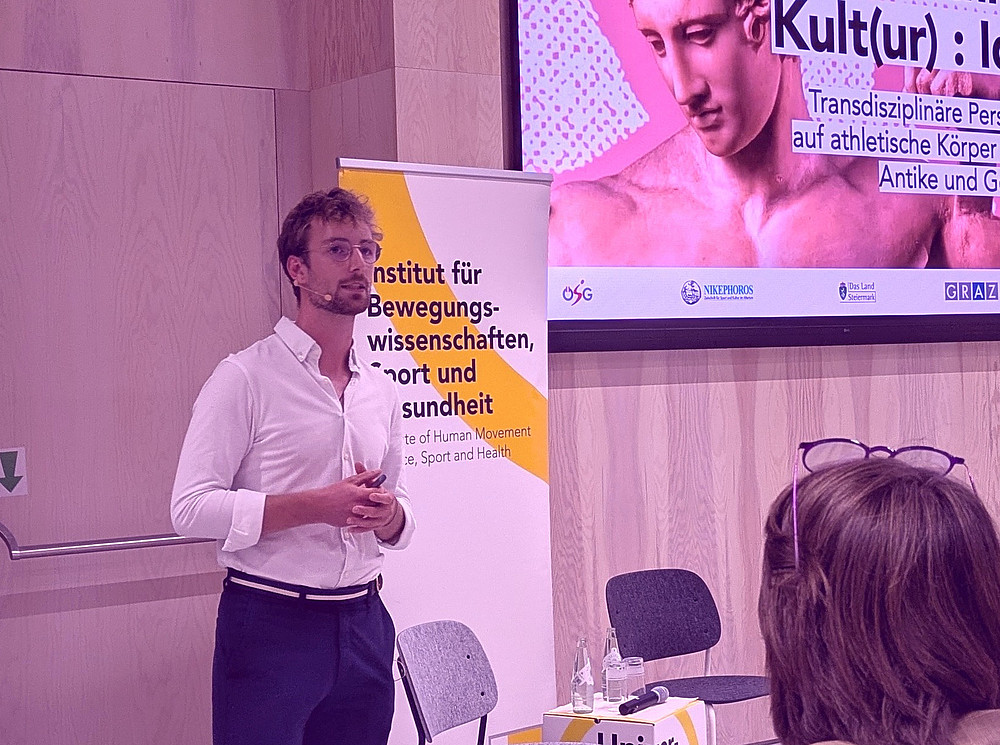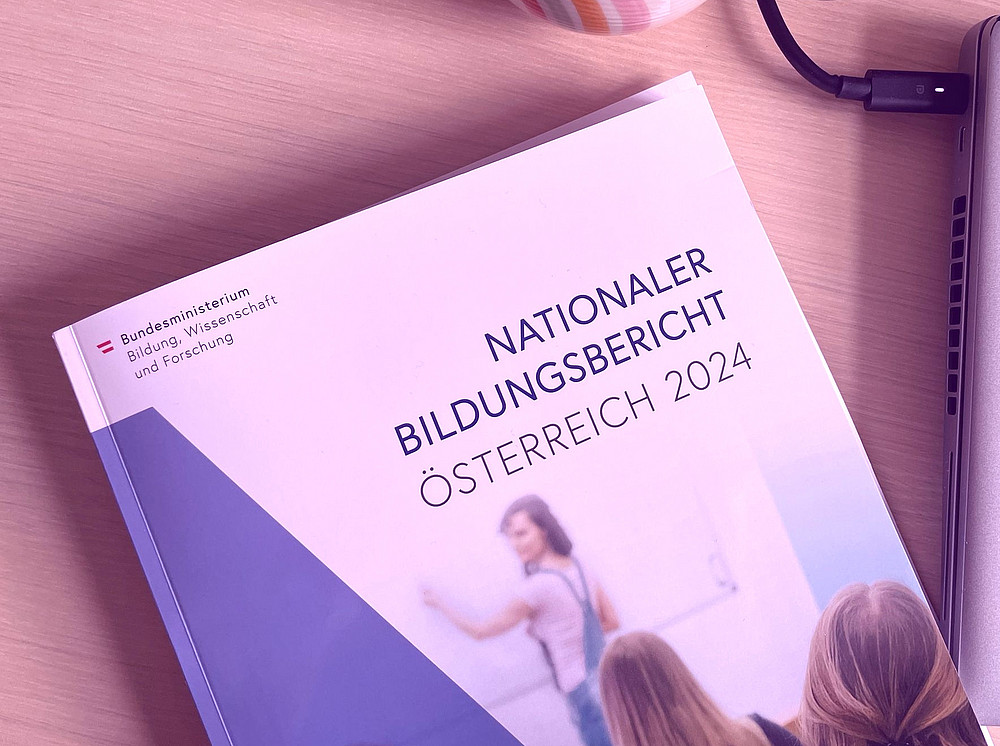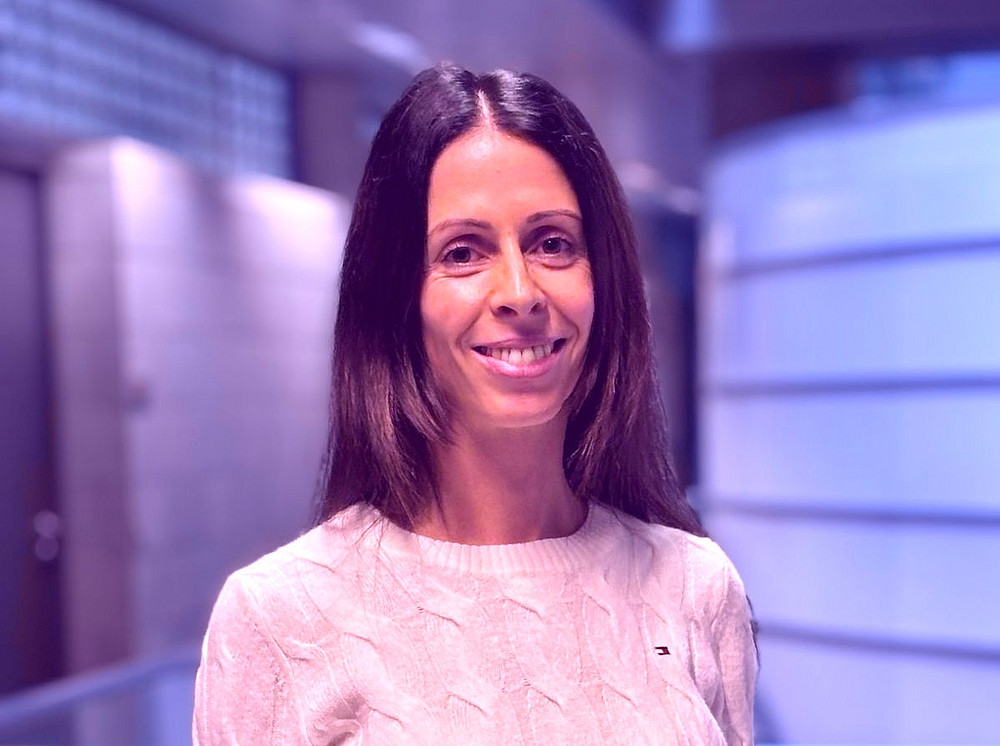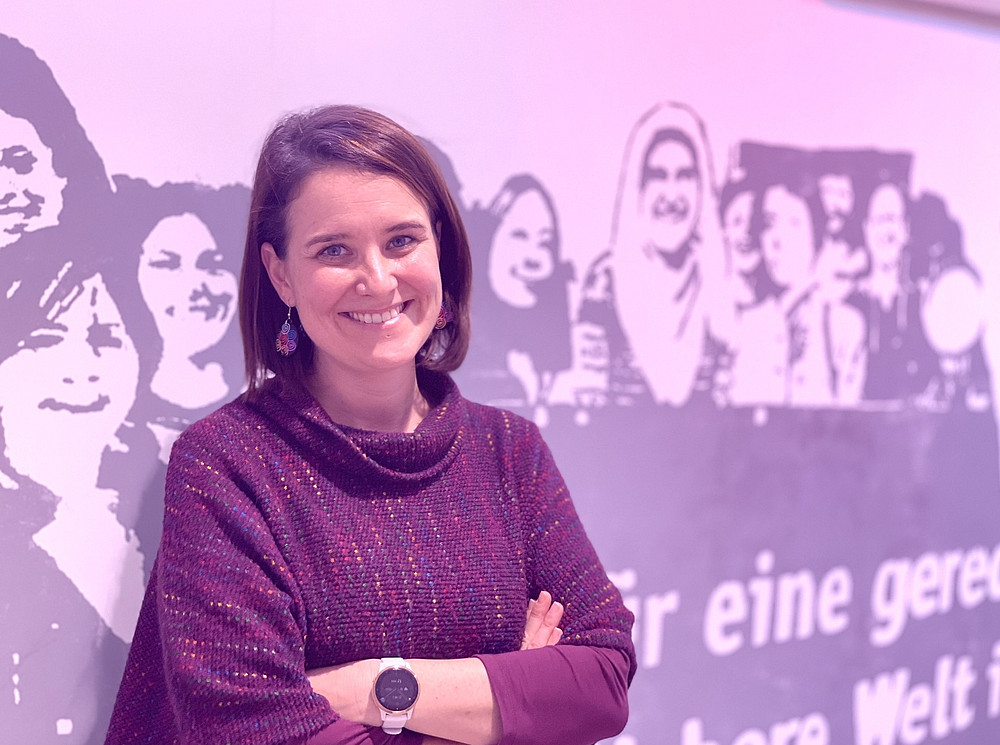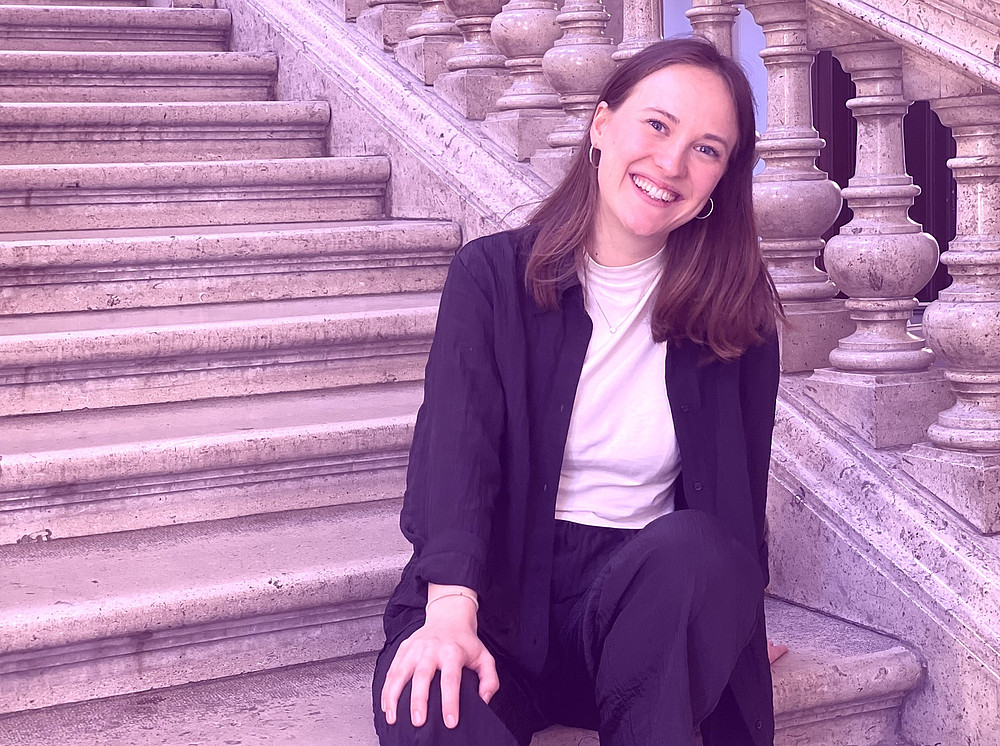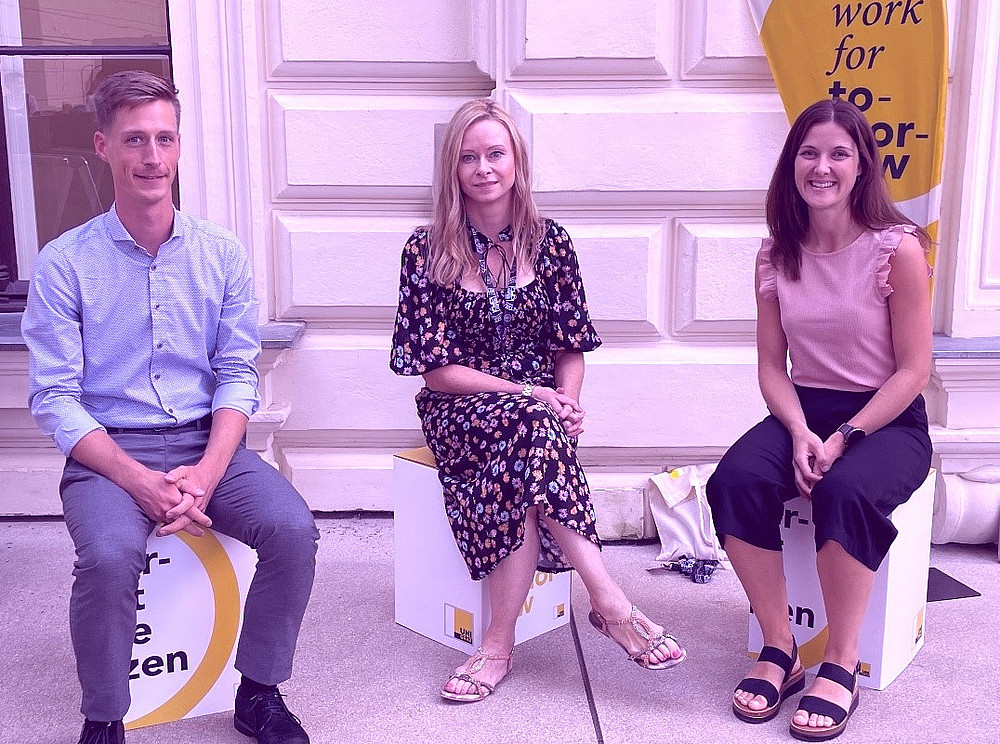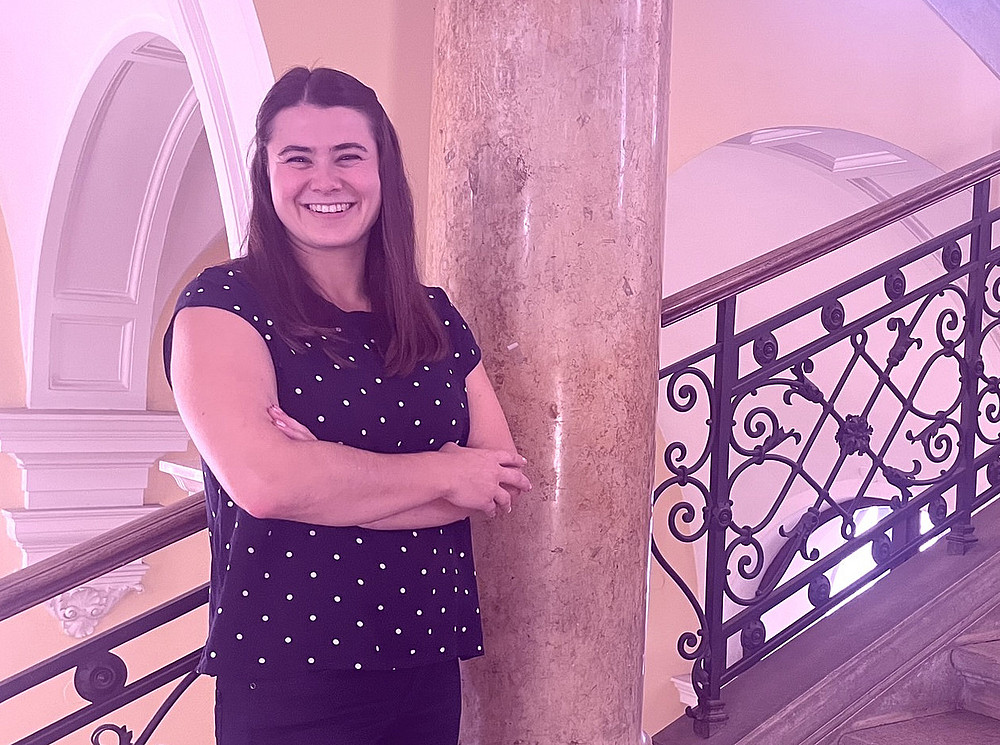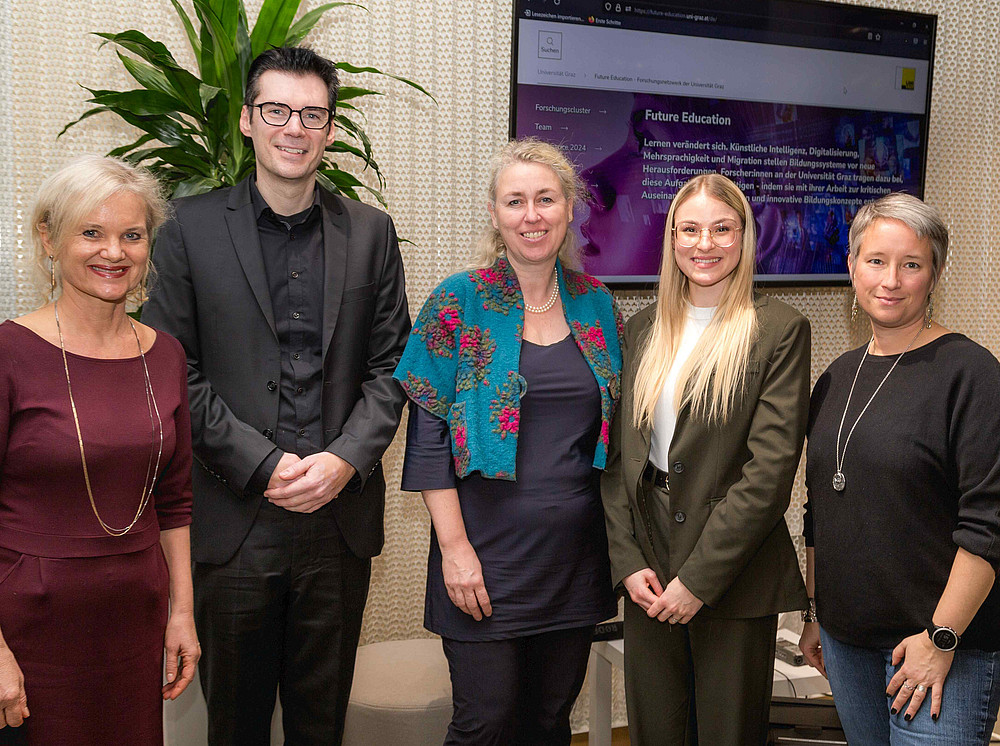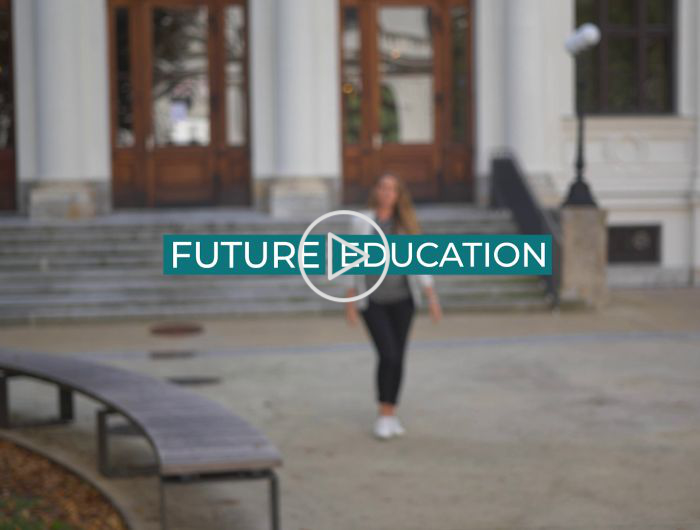The Future Education program at the University of Graz aims to make a significant contribution to the development of innovative and scientifically sound educational concepts of the future with an interdisciplinary networked research program. More than 50 researchers from the educational sciences, psychology, didactics and other relevant disciplines are working on current issues relating to the education of the future. They make their expertise available to science, educational practice and politics in numerous formats. In order to advance their work together, they have formed four interdisciplinary networked research clusters.
Call for Papers/Call for Submissions: FUTURE EDUCATION Conference 2026 & Award
The FEC 2026 invites researchers and practitioners to submit innovative contributions from the fields of education, learning, development and teaching by 10 February 2026 . The interdisciplinary conference offers an inspiring framework for presenting and discussing current scientific work and jointly developing new approaches for the education of the future. Submissions for the FUTURE EDUCATION Early Career Award will also be accepted until 10 February.
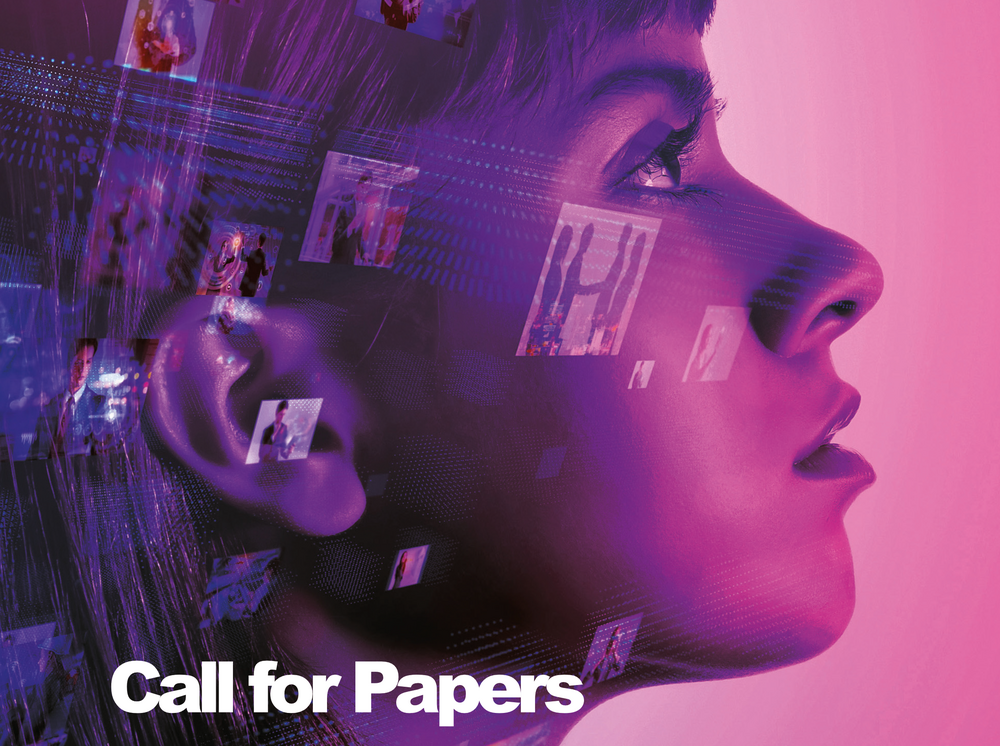
"Technology doesn't just change how we learn - it changes what learning means."
After 27 years of international research, Kathrin Otrel-Cass brings a unique perspective to the Austrian educational landscape as a university professor at the Institute for Educational Research and Teacher Education at the University of Graz. As a member of the educational technology cluster at FUTURE EDUCATION, she combines her expertise in techno-anthropology with innovative educational research.
"DiaLog" project honoured with European Language Label
The project "DiaLog - Students discuss controversial questions on climate change" by Board and Language Cluster spokesperson Prof Sabine Schmölzer-Eibinger and Victoria Reinsperger has another success to celebrate. The University of Graz was awarded the European Language Label in the School Education I & II category for the project.
Read more: "DiaLog" project receives European Language Label
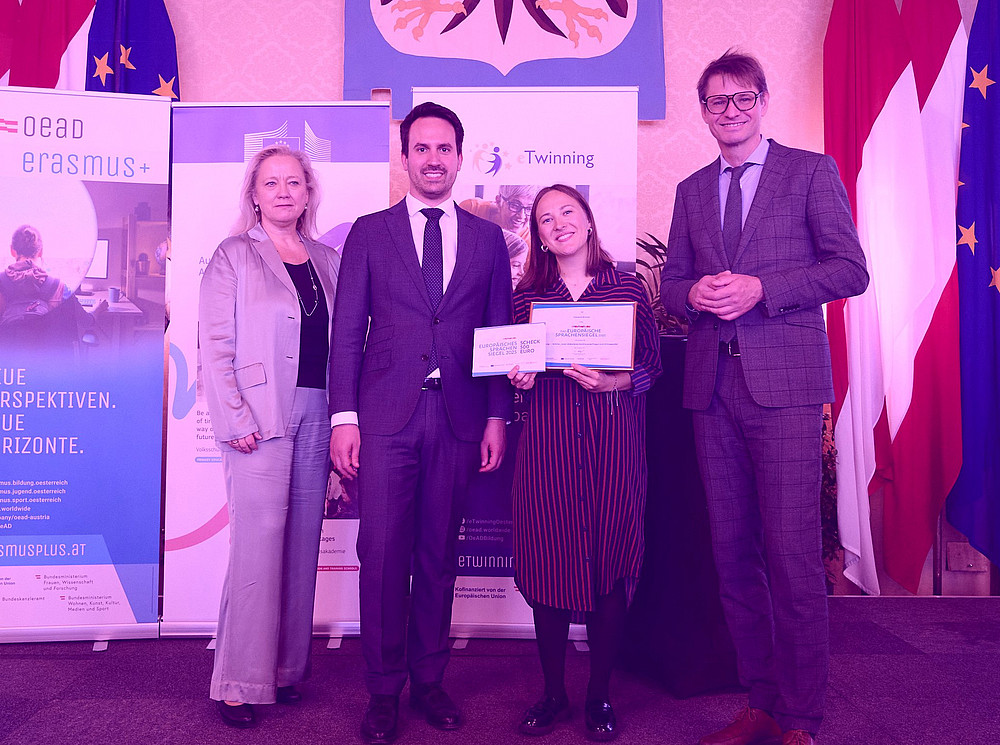
Young researcher Tarik Orliczek provides impetus for conference on the reception of ancient body images
The conference "Körper : Kult(ur) : Athletics : Ideal" was a success - not only in terms of content, but also on a personal level: for Tarik Orliczek, junior researcher and member of the "Plurality and Diversity" cluster, it was the first conference in which he played a key role in the organisation.
The FUTURE EDUCATION Early Career Award 2025 was presented
The FUTURE EDUCATION Early Career Award was presented on 28 August 2025 as part of the EARLI 2025. The award went to Phuong Bui (Karlstad University), Babette Bühler (TU Munich), Xiangtzi Ouyang (Lingnan University) and Line Walquist Sørli (The Arctic University of Norway) for their outstanding research achievements. We congratulate them warmly!
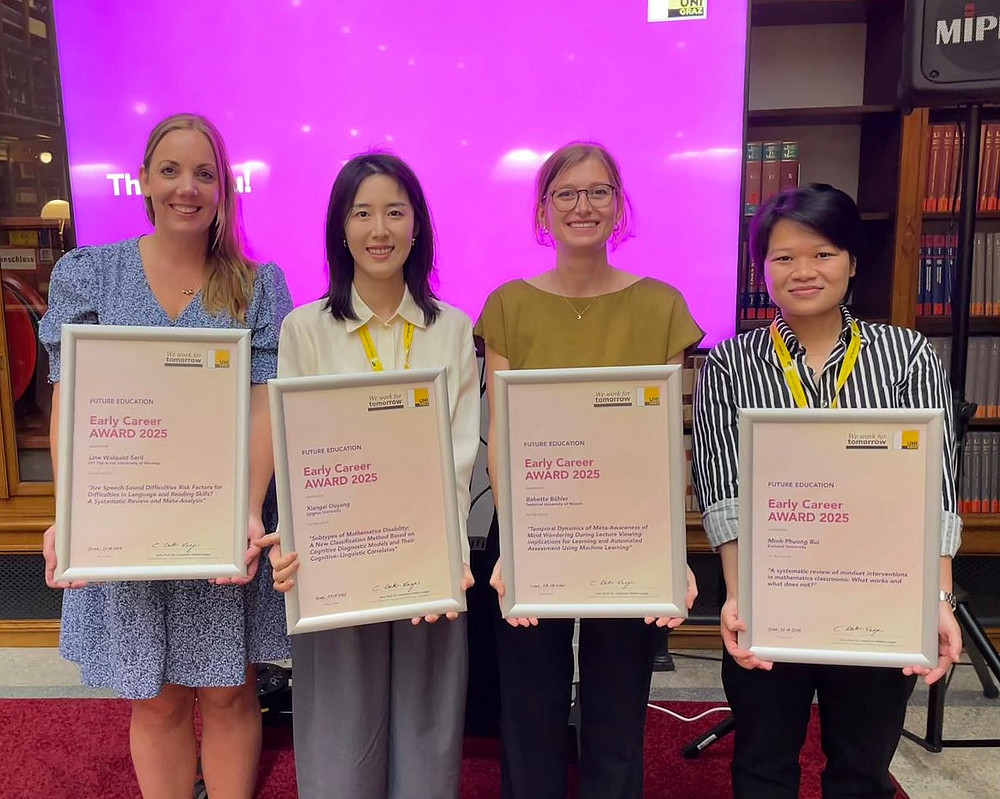
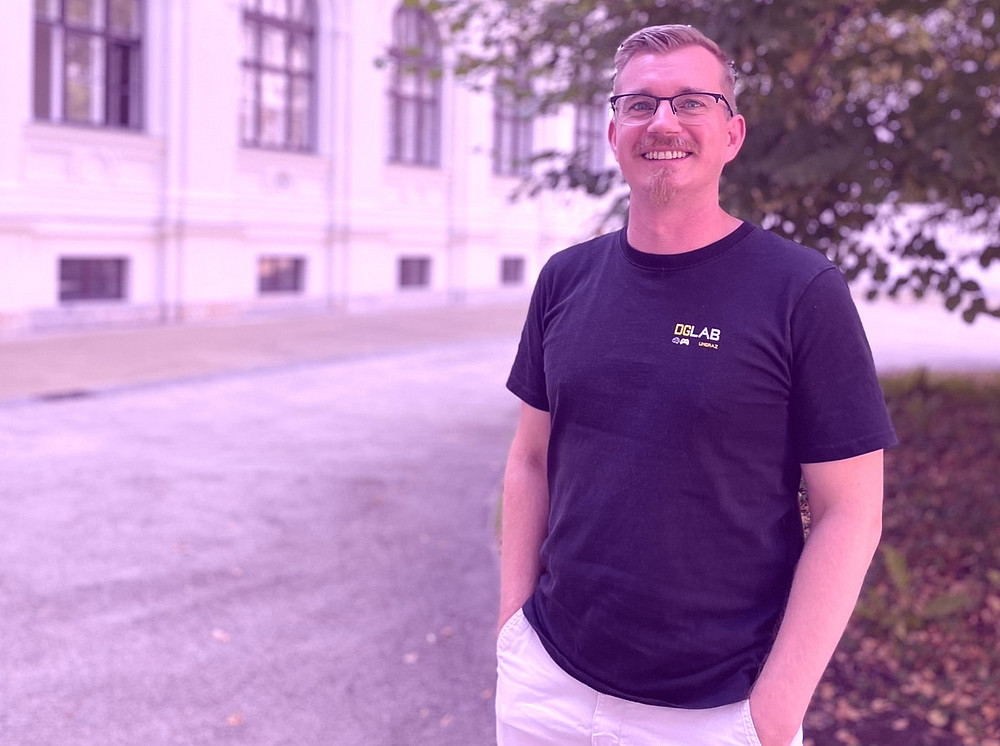
"Games will play a decisive role in the future of education"
A year ago, Stefan E. Huber was honoured with the first FUTURE EDUCATION Award. Since then, he has remained true to the research focus for which he was honoured - playful learning. On the occasion of EARLI 2025, he has now changed sides - and is presenting one of four awards to this year's winner. At FUTURE EDUCATION, Stefan E. Huber is a member of the Education Technology(s) Cluster.
"I want to demystify creativity"
How can creativity be measured? Is artificial intelligence creative? Are creative people more intelligent than non-creative people? Mathias Benedek, member of the "Plurality and Diversity" cluster and keynote speaker at EARLI 2025, gets to the bottom of these and other questions in his research.
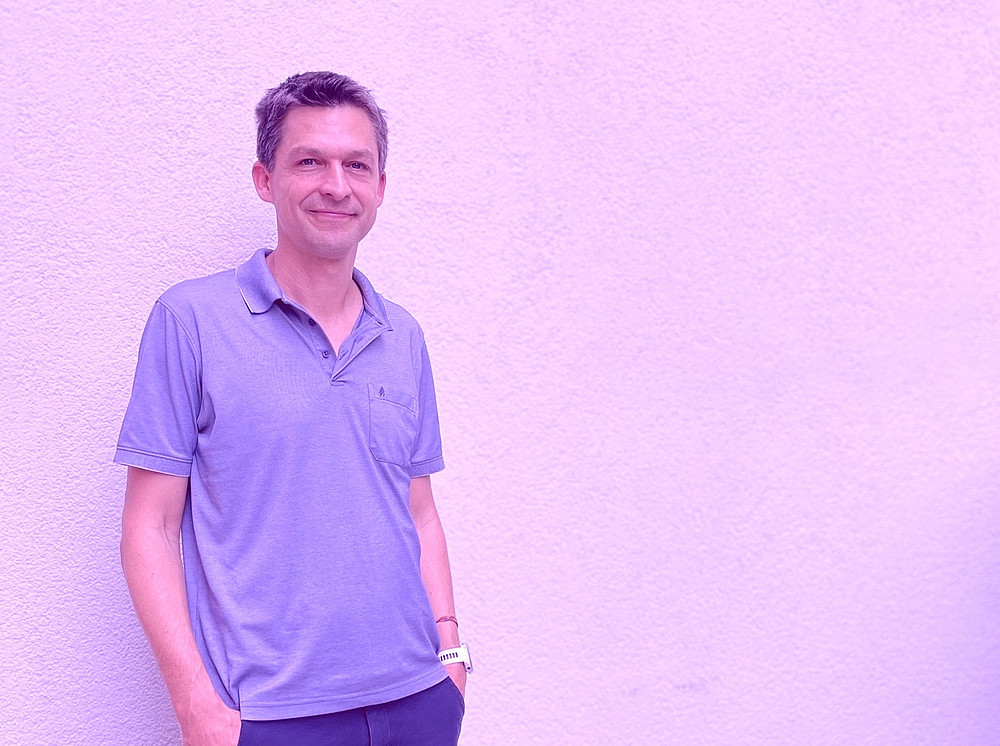

"Do what you can!": Workbook helps you find the perfect job
What is actually relevant when choosing a career? This question is the focus of the workbook "Do what you can!" by the two plurality cluster members Aljoscha Neubauer and Barbara Weißenbacher from the Institute of Psychology at the University of Graz. In this interview, Barbara Weißenbacher talks about who the workbook is suitable for and how it can best be used.
The Congress Award Graz 2025 goes to... the FUTURE EDUCATION Conference 20204!
The FUTURE EDUCATION Conference has been honoured with the Congress Award Graz 2025! The award was presented to the organisation team on 25 June 2025 at the Congress Award Gala in the Stadthalle Graz. We are very happy about this award - and especially about the fact that we received it for our first conference!
Read more: FUTURE EDUCATION Conference receives Congress Award 2025

Participants aged 10 to 11 years wanted for numeracy study
A team of researchers led by Stephan Vogel, a member of the Diversity and Plurality Cluster, and his doctoral student Shiva Taghizadeh are currently investigating how the brain works when solving arithmetic problems in the research project "Neurocognitive mechanisms of metacognition in arithmetic". Participants aged 10 to 11 are currently still being sought.
Science trail for school pupils
FUTURE EDUCATION brings educational research to life! On 1 July 2025, the FUTURE EDUCATION research network at the University of Graz invited 136 pupils and their teachers to an exciting morning: In eight didactic laboratories from the fields of STEM, languages, plurality and diversity, pupils were able to try out various teaching materials, familiarise themselves with laboratories, carry out tests and get to know the university campus as part of a science trail.


"It's important to me that students can recognise and refute fake news"
Not following the advice of the Minister of Education at the time - this is exactly what Stephan Schicker brought to specialised didactics research. He is a member of the FUTURE EDUCATION language cluster.
Study shows: Eco video game can increase players' environmental awareness
Video games with appropriate content are able to sensitise players to climate protection issues, as initial evaluations of a study by Manuel Ninaus and Moritz Edlinger at the University of Graz show. The behaviour of the test subjects also changed: they donated more than 2,000 euros of their expense allowance to NGOs.
Read the article "Study shows: eco-video game can increase environmental awareness among players"

National Education Report 2024 contains contribution by Elke Höfler and Manuel Ninaus
A scientific article by Elke Höfler, Education Technologies Cluster Spokesperson, and Manuel Ninaus, Education Technologies Cluster Spokesperson, was recently published in the National Education Report Austria 2024. The article is entitled "Artificial intelligence in education: A localisation".
"The question of how learning technologies can promote learning should be asked during the development phase - not afterwards."
Silvia Lipp worked in the private sector for many years before embarking on a career in academia. After completing her doctorate, she has been working as a Senior Lecturer with extended research duties at the Institute of Business Education at the University of Graz since February 2025. She is a member of the MINT+ cluster in the FUTURE EDUCATION network.
Christina Krause: "You have to bake the students good bread so that they get a taste for maths"
Assistant Professor Christina Krause actually wanted to become a teacher. Now she teaches prospective maths teachers at the University of Graz and teaches them how to make maths appealing to students. She is involved in three clusters in the FUTURE EDUCATION programme: Educational Technology(s), MINT+ and Plurality and Diversity.
Lisa Paleczek: "It's important to me that the school system doesn't lose children one drop at a time"
Assistant Professor Lisa Paleczek's research centres on inclusive and diversity-sensitive lesson design. She is a member of three clusters in the FUTURE EDUCATION network: Plurality and Diversity, Languages and Educational Technologies.
"Just doing research in a quiet little room wouldn't be my thing!"
As part of her dissertation, language didactics expert Victoria Reinsperger is researching how written argumentation can be better taught to pupils. She is driven by the feeling that she can give young people something to take with them. And the desire to come to her own conclusions.
New insights into students' ideas about climate change published
Prof Claudia Haagen-Schützenhöfer (University of Graz) together with Sarah Wildbichler (University of Innsbruck, first author) and Thomas Schubatzky (University of Innsbruck) recently published their article "Students' ideas about the scientific underpinnings of climate change: a systematic review of the literature" in the high-ranking journal Studies in Science Education.
"WattsAhead" project aims to promote energy expertise
Energy is precious and valuable. It is therefore important to use this resource responsibly. But what does that actually mean? And how can young people and adults learn energy literacy? This is the focus of the Sparkling Science research project "WattsAhead", in which researchers from the Universities of Graz and Innsbruck are working together.
"I like having questions and being able to answer them."
Are mathematicians from another planet? Michaela Meier investigated this question in her dissertation. In her research, she also looks at how much mathematical creativity non-geniuses bring to light.
FUTURE EDUCATION kick-off event
The official starting point of the FUTURE EDUCATION programme was the kick-off event on 12 December 2023, at which the programme and its four research clusters were presented. Numerous participating and interested colleagues from the University of Graz took part in this event.
The speakers of the scientific advisory board
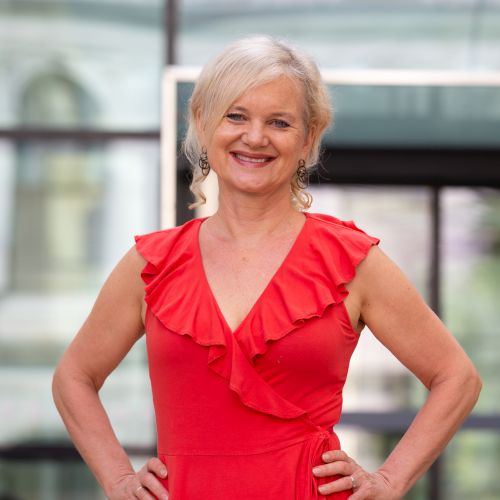
Univ.-Prof. Dr.phil. Mag. Sabine Schmölzer-Eibinger
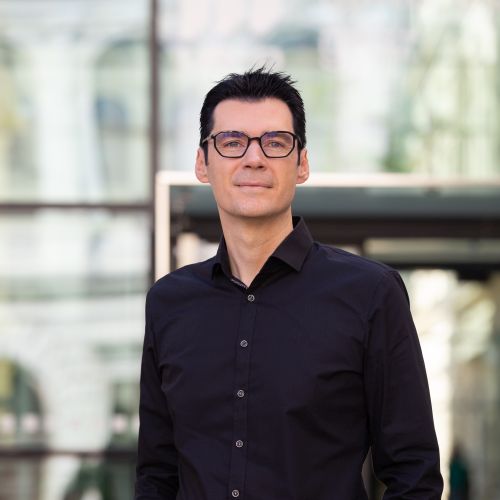
Univ.-Prof. Mag. Dr.rer.nat. Roland Grabner
Institut für Psychologie
http://psychologie.uni-graz.at/de/begabungsforschung/team/roland-h-grabner/
Subscribe to the Future Education Newsletter
At regular intervals, we would like to inform you about news from the Future Education Program, the Future Education Conference and give you an insight into the future of education and the Future Education Program. Simply fill in the form below and we will be in touch shortly with news from the world of education.
